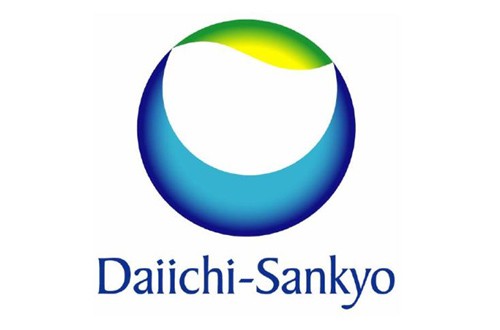 Daiichi Sankyo’s mirogabalin has shown efficacy in a phase III trial involving patients with post-herpetic neuralgia (PHN), the persistent and often excruciating pain that can follow shingles.
Daiichi Sankyo’s mirogabalin has shown efficacy in a phase III trial involving patients with post-herpetic neuralgia (PHN), the persistent and often excruciating pain that can follow shingles.
However, it failed to meet its targets in a second phase III trial in fibromyalgia, a long-term condition that causes pain all over the body, denting the Japanese company’s hopes of competing head-to-head with older drug Lyrica (pregabalin) from Pfizer in hard-to-treat neuropathic pain.
First the good news. The results of the NEUCOURSE trial in Asian patients with PHN showed that over the course of 14 weeks mirogabalin achieved a significant reduction in the weekly average pain scores reported by patients compared to placebo.
Shingles is caused by a re-activated infection with the chickenpox virus and leads to painful skin lesions. In some cases the pain lasts long after the rash and blisters in shingles have cleared up due to damage to the nerve fibres. This neuropathic pain is generally resistant to non-opioid analgesics, and while opioids can be effective they carry the risk of side effects and addiction. Around 20% of shingles patients go on to develop PHN.
At the moment Lyrica and an older generic drug called gabapentin are the only drugs approved to treat PHN although a range of therapies are used off-label for the condition, including lidocaine patches, antidepressants, epilepsy drugs and corticosteroids.
Daiichi has billed mirogabalin as an upgrade to Lyrica, which is also used to treat epilepsy and fibromyalgia and still had sales of more than $1bn last year despite generic competition in ex-US markets. Lyrica will lose patent protection in the US next year.
Both drugs bind to calcium channels that have been implicated in the production of neuropathic pain, but the Japanese drugmaker thinks its compound is longer-acting and more selective, targeting pain-related channels but avoiding others linked to side effects.
Daiichi isn’t giving anything away on the magnitude of the response or the performance of the drug on secondary endpoints just yet however, saying it will present the results in full at a forthcoming scientific meeting, so for now the merits of the drug are speculative.
What is clear however is that the results of the ALDAY trial in fibromyalgia patients are a big disappointment for Daiichi. The 3,600-patient trial showed that mirogabalin was unable to meet the primary efficacy objective of a statistically-significant reduction in the weekly average of worst daily pain scores from baseline to week 13.
At the moment, there are just three approved drugs for fibromyalgia – Lyrica, Eli Lilly’s Cymbalta (duloxetine) and Allergan’s Savella (milnacipran) – and while these have been shown to reduce pain they are only effective in some patients and have side effects.
Daiichi’s hopes of joining their ranks now look slim and prospects for the drug – which had been billed as a potential blockbuster in some quarters – now look less rosy, particularly as it remains to be seen whether its benefits in PHN are good enough to persuade prescribers to switch from Lyrica or indeed generic pregabalin.
Daiichi is also testing mirogabalin in a trial in diabetic peripheral neuropathic pain called REDUCER that is due to report results later this year.
“The results from the global clinical development programme will serve as the basis for potential regulatory submissions in various countries,” said the company in a statement.
Meanwhile, there was disappointment for Teva earlier this week when it reported negative results in a phase II trial of TV-45070, a topical treatment for PHN based on a small-molecule inhibitor of sodium channels, including Nav1.7 linked to pain-sensing in the peripheral nervous system.
TV-45070 did not meet the primary objective of a statistically-significant change in pain from baseline to week four, and secondary endpoints were also missed.




